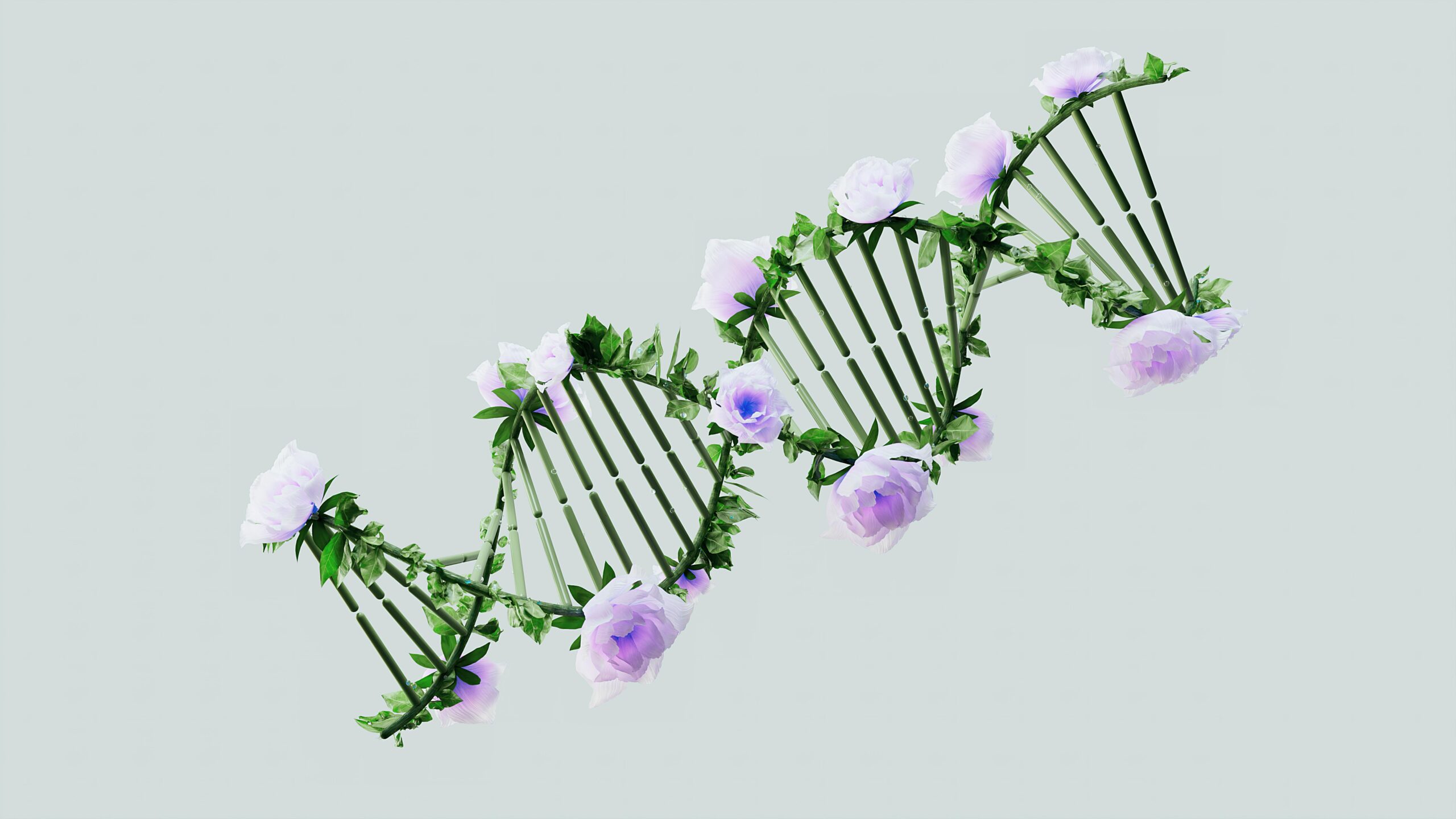In Criminal Sexual Conduct cases, forensic evidence (especially DNA) can play a critical role in both prosecution and defense. These cases often come down to the word of one person against another, making physical evidence a potential turning point in the investigation and trial.
What Is Forensic Evidence in CSC Cases?
Forensic evidence refers to physical materials collected and analyzed by scientific methods. In CSC investigations, this can include:
-
DNA from semen, blood, saliva, or skin cells
-
Fingerprints
-
Hair or fibers
-
Digital evidence (texts, photos, location data)
-
Medical reports from sexual assault exams
Among these, DNA evidence is often the most powerful, as it can establish or refute physical contact between the accused and the alleged victim.
How Is DNA Collected?
In Minnesota, DNA evidence is typically gathered through:
-
Sexual Assault Nurse Examinations (SANE kits)
-
Clothing, bedding, or other physical items
-
Swabs from body surfaces or orifices
-
Voluntary or court-ordered DNA samples from suspects
The integrity of the collection process is vital. Contamination, improper storage, or delays in processing can make DNA evidence unreliable, or inadmissible in court.
Analysis: What the Lab Results Really Mean
DNA analysis doesn’t always tell a complete story. It might confirm that contact occurred, but not necessarily prove that the act was non-consensual. Likewise, the absence of DNA doesn’t automatically mean nothing happened. DNA can degrade or be wiped away before collection.
That’s why a skilled defense attorney will often challenge:
-
Chain of custody issues
-
The methods used to test samples
-
The relevance of the DNA to the charges
-
Potential lab errors or misinterpretation of results
Presentation in Court
Forensic evidence can be persuasive in front of a jury, but only if it’s properly explained. At Martine Law, we understand how to present (or challenge) this kind of evidence in ways that make sense to jurors. We work with forensic experts who can:
-
Break down complex lab reports
-
Expose weaknesses in the prosecution’s interpretation
-
Provide alternative explanations for the presence (or absence) of DNA
Why This Matters in Your CSC Case
If you’re facing CSC charges, the stakes couldn’t be higher. A conviction can result in prison time, sex offender registration, and lifelong consequences. Whether DNA is part of the case or not, you need a legal team that knows how to handle forensic evidence from start to finish.
Facing CSC charges? Don’t wait. Contact Martine Law today for a confidential consultation.



